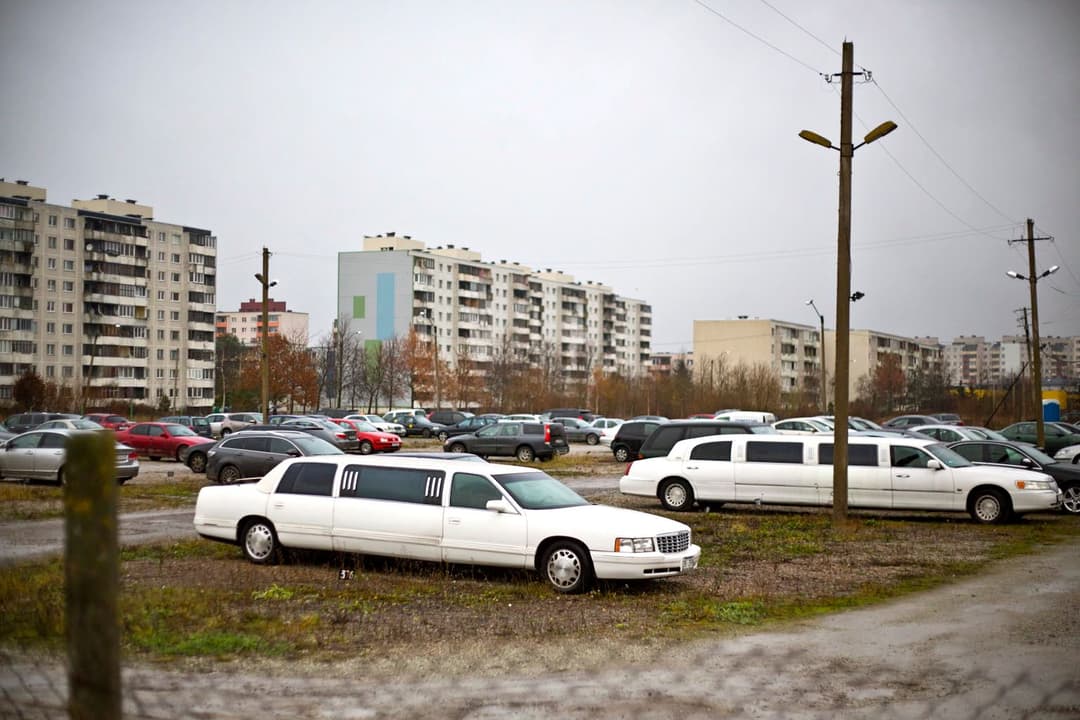
Que reste-t-il de nos amours? The expectations of 1991 revisited
Anthropological Journal of European Cultures 2017
Post-socialism is now twenty-five years old, an appropriate milestone to reflect on this social phenomenon and the multidimensional processes that were set in motion by the break-up of the Soviet Union. It is time then to ask about the lessons of the post-Soviet period; to examine the triumphalist rhetoric of the early 1990s; to attest how those expectations were articulated, conveyed and reconstructed. Indeed, is the 1989–1991 frame of understanding still relevant? With this series of articles and a comment, we set out to explore the ways in which European societies, and Europe itself, differ from what had been hoped and designed in the years 1989–1991. The contributions put the emphasis on the different horizons of expectation and realms of experience that have their roots in 1989–1991, exploring whether this period continues to define individuals, societies and historical representations of Eastern Europe and beyond.
